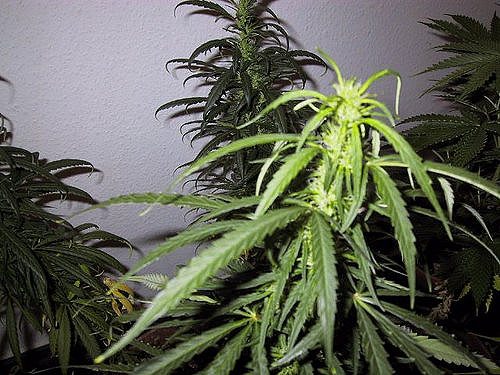
April 13, 2017; Denver Post and Cannabist
The use of mind-altering substances in religious ceremonies is nothing new; throughout history, they have been used in the service of spiritual growth. As a sign of the growing acceptance and legal sanction of marijuana to varying extents across the United States, the International Church of Cannabis will open in Colorado on April 20th, the unofficial cannabis holiday. Residents of the Denver neighborhood where the church is located are concerned. City officials are also concerned; they say the church may be violating laws against open consumption.
Steve Berke, a founding member of the Church of Cannabis, argues that cannabis is a sacrament because it helps members accelerate the self-betterment process. He asserts that this is a new religion, though it has no theology or authoritarian structure, and that its members are known as Elevationists.
Though Colorado was one of the two first states in the United States to legalize cannabis in 2012, many of the details of how it would work have had to evolve over time, leaving much gray area. At issue is whether consuming cannabis in a church building falls under “open and public consumption,” a phrase never defined in the Colorado state statute, or is permissible under Initiative 300, the recently passed initiative that allows social cannabis use at shops or other authorized locations if they have been backed by a local neighborhood or business group.
Sign up for our free newsletters
Subscribe to NPQ's newsletters to have our top stories delivered directly to your inbox.
By signing up, you agree to our privacy policy and terms of use, and to receive messages from NPQ and our partners.
Cannabis Church’s lawyer, Christian Sederberg, argues this debate is beside the point:
This church is a legitimate effort to create a community for people that don’t find that in traditional religion…Freedom of speech, freedom of religion, freedom of association—those constitutional protections apply…When alcohol is served and consumed at a traditional church, is that in violation of open and public consumption laws?
Perhaps we are also redefining or reaffirming what constitutes a church, a subject with which U.S. courts have grappled for decades.—Cyndi Suarez











